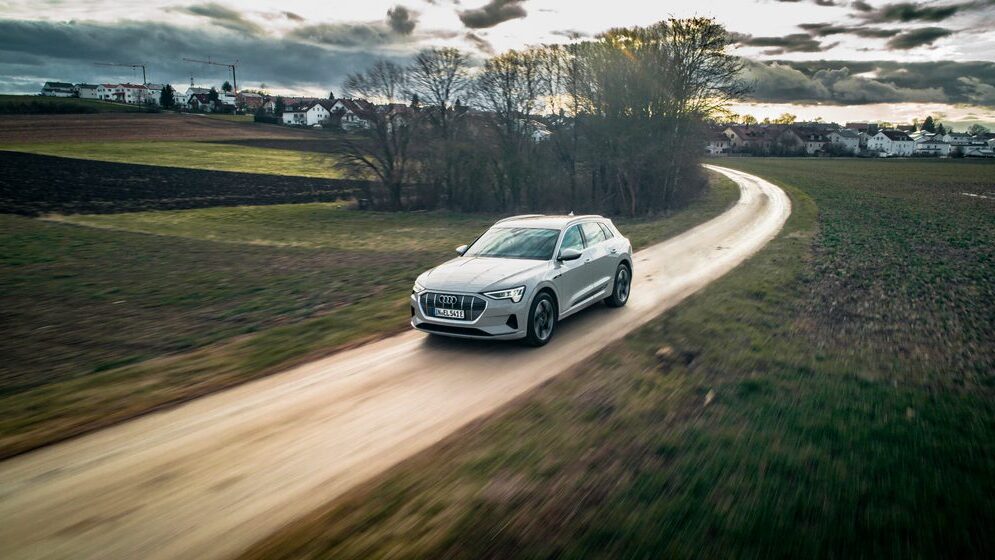
New electric car sales dropped 83% in the first month of 2023, according to figures from the German Motor Transport Authority. German authorities slashed subsidies in January, ostensibly to clamp down on resale fraud. However, new lows in the market may also be due to the viability of electric vehicles with current energy price hikes.
The number of electric cars purchased fell from 104,300 in December 2022 to 18,100 in January 2023, with a December surge caused by the end of the subsidy program. Electric car sales made up just 15% of all purchases in January compared to 55% the month before.
Under the old program, those buying an electric car received up to €6,000 from state grants and an additional €3,000 from manufacturers, with that figure being reduced to a maximum of €4,500 from January 2023.
The average cost of a new electric car in Germany is approximately €40,000; a maximum price tag is set at €65,000, for sales that use the program. The price cutoff has particularly affected Tesla models due to their pricing model. Hybrid vehicles are no longer included in the program due to concerns about their efficiency.
In February 2022, the German Federal Ministry of Economics decided to tighten rules on the subsidy program due to allegations that cars were being purchased in Germany at a discount and sold abroad at a profit.
This coincided with the outbreak of war in Ukraine and growing fears over the capacity of the German energy grid to meet the demand for electric cars. Alongside cuts in the subsidy program, other proposals included regulations to prevent the immediate resale of cars abroad. The EU Parliament has signed off on legislation that would ban the sale of combustion engines by 2035.
Since introducing the program in 2016, German taxpayers have spent €4.6 billion on grants for electric cars and invested €1.8 billion in charging facilities, with experts warning that the current infrastructure is not sufficient to meet future growth. With so much money spent, it comes as a blow that Denmark has become the major destination for reselling subsidised cars. Industry experts estimate that approximately a fifth of Teslas bought in Germany ended up abroad.
The viability of electric vehicles has been challenged since the outbreak of war in Ukraine and a tripling of wholesale electricity prices in Germany. Director of the Centre for Automotive Research Ferdinand Dudenhöffer, in an interview with the German business paper Handelsblatt, described these changes, along with price hikes, as making combustion engines preferable.
The program has attracted criticism before for its inadvertent financial assistance given to SUV sales due to the inclusion of hybrid models in the scheme at a reduced rate.
It had been opposed by both the right-populist AfD and socialist Die Linke parties on the grounds of it incentivising fraud and funnelling money to manufacturers.
Speaking to The European Conservative, AfD MEP Sylvia Limmer criticised the subsidy program as being politically manipulated owing to the worsening condition of the German energy grid:
Rising electricity prices have made these cars more expensive to maintain. All in all, this development raises questions. The right thing to do would not be to play the technologies off against each other but to allow fair competition between them.
Limmer pointed out the hypocrisy of the EU banning petrol and diesel engines from 2035, confirmed Tuesday evening, February 14th, at the European Parliament in Brussels. Under the approved legislation, the sale of new petrol and diesel cars will be prohibited in the bloc after 2035 to combat climate change.
The EU and car manufacturers have been dealing with the fallout in recent months from the passing of the American Inflation Reduction Act (IRA), which many believe threatens the European market with its generous support for U.S.-made electric cars. The IRA Act offers grants of $7,500 for the purchase of each new electric vehicle, with EU trade officials seeking protections against the Act as fears of a trade war increase.
